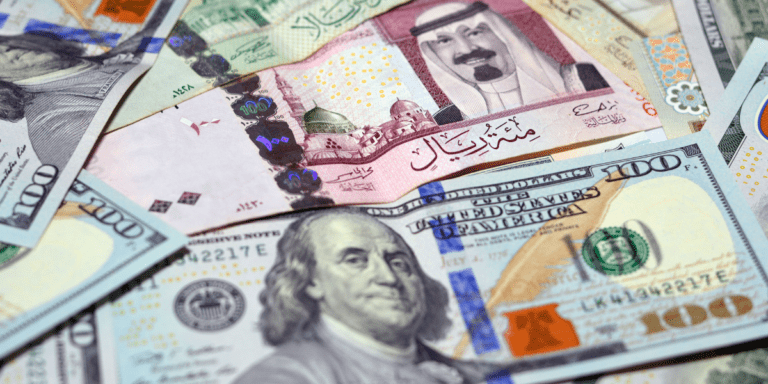Saudi Arabia has made a bold move by committing $600 billion in investments across various sectors in the United States. This landmark deal spans industries like artificial intelligence (AI), defense, energy, and infrastructure, underscoring a deepening economic relationship between the two nations. The agreement promises to bring substantial financial benefits to the U.S. economy, especially during a period marked by trade uncertainties and shifting global economic conditions.
The deal includes high-profile partnerships with leading U.S. companies, including tech giant Nvidia, aerospace manufacturer Boeing, and multinational conglomerate General Electric. These companies will be at the forefront of projects ranging from advanced AI research and development to the enhancement of defense capabilities and energy systems. In addition, the deal aims to revitalize U.S. infrastructure, focusing on modernizing transportation, communication, and energy grids, which could lead to job creation and technological advancements.
This massive investment package is seen as a strategic move by Saudi Arabia to diversify its economy away from oil dependency and develop its domestic industries. The Kingdom is looking to bolster its technological and defense sectors while ensuring the stability of its economy by deepening ties with global powerhouses like the U.S. By supporting key American industries, Saudi Arabia hopes to create a mutually beneficial relationship that can withstand future economic shifts.
For the U.S., the deal represents a critical opportunity to boost its economy and strengthen its competitive position in key sectors. The AI and technology-focused investments, in particular, are expected to fuel innovation, driving advancements that could shape the future of industries worldwide. Furthermore, the defense and energy partnerships could enhance U.S. capabilities in areas crucial to national security and energy independence.
This investment deal also signals a strong alignment between the U.S. and Saudi Arabia in addressing global challenges. As the world faces economic turbulence and political uncertainties, the partnership between the two countries could serve as a stabilizing force in the global market. The deal’s impact is expected to be far-reaching, not only benefiting the companies involved but also contributing to broader economic growth in the U.S. and Saudi Arabia.
While the deal has generated excitement within the U.S., there are concerns over the long-term implications of such a significant foreign investment. Critics worry about the extent of foreign influence on American industries, particularly in sectors as critical as defense and technology. However, proponents argue that the benefits—job creation, technological advancement, and economic growth—far outweigh any potential risks.
In conclusion, Saudi Arabia’s $600 billion investment deal marks a pivotal moment in U.S.-Saudi relations. It signifies not only economic collaboration but also a shared vision for a more diversified and resilient global economy. As both nations continue to navigate an ever-changing world, this partnership may set the stage for future growth and stability.


